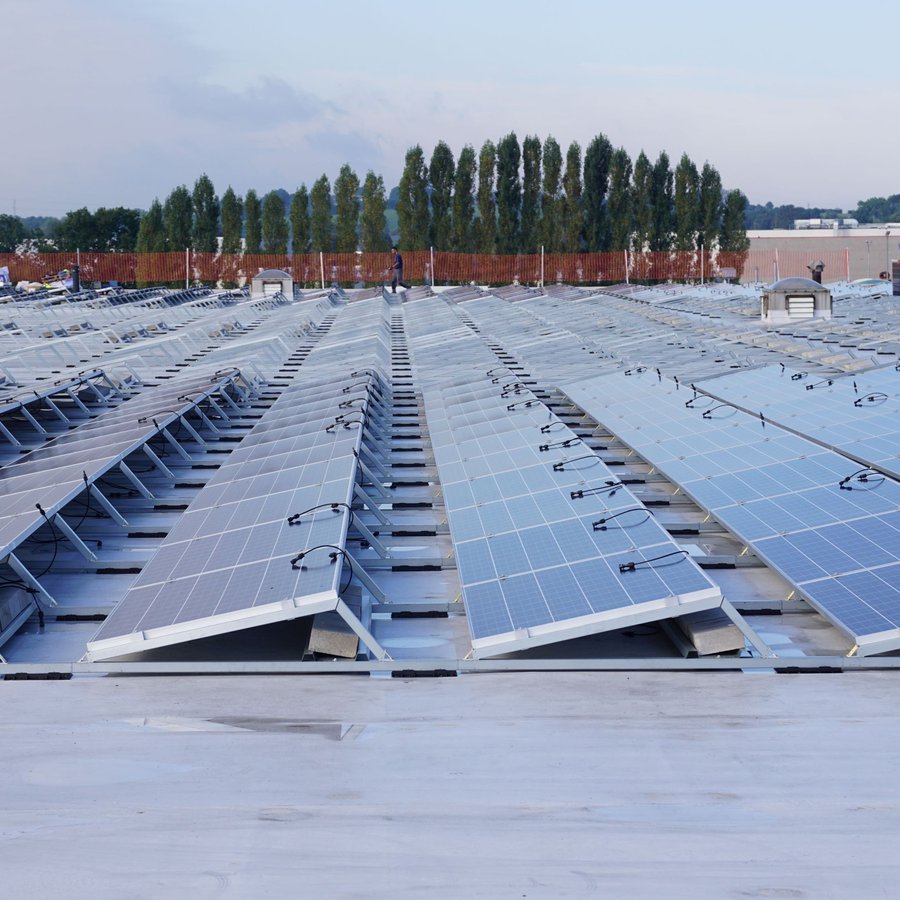Gone are the days when consumers based their purchasing decisions solely on a product’s features, benefits and price. While those factors will always be paramount, heightened awareness of and concerns about environmental and social issues have led consumers also to consider producers’ reputations when they decide what to buy.
Decades before reputation‑based purchasing became as influential as it is today, Mercury Marine recognized some key responsibilities, particularly in helping to protect and preserve the natural environments where consumers enjoy using Mercury products. Over the years, Mercury has demonstrated this commitment not only by designing more environmentally friendly marine engines, but also by building sustainability into its business and manufacturing operations.
The latest example of these continuing efforts came to light in January 2021 when Mercury completed the installation of an array of photovoltaic solar panels at its world headquarters campus in Fond du Lac, Wisconsin.
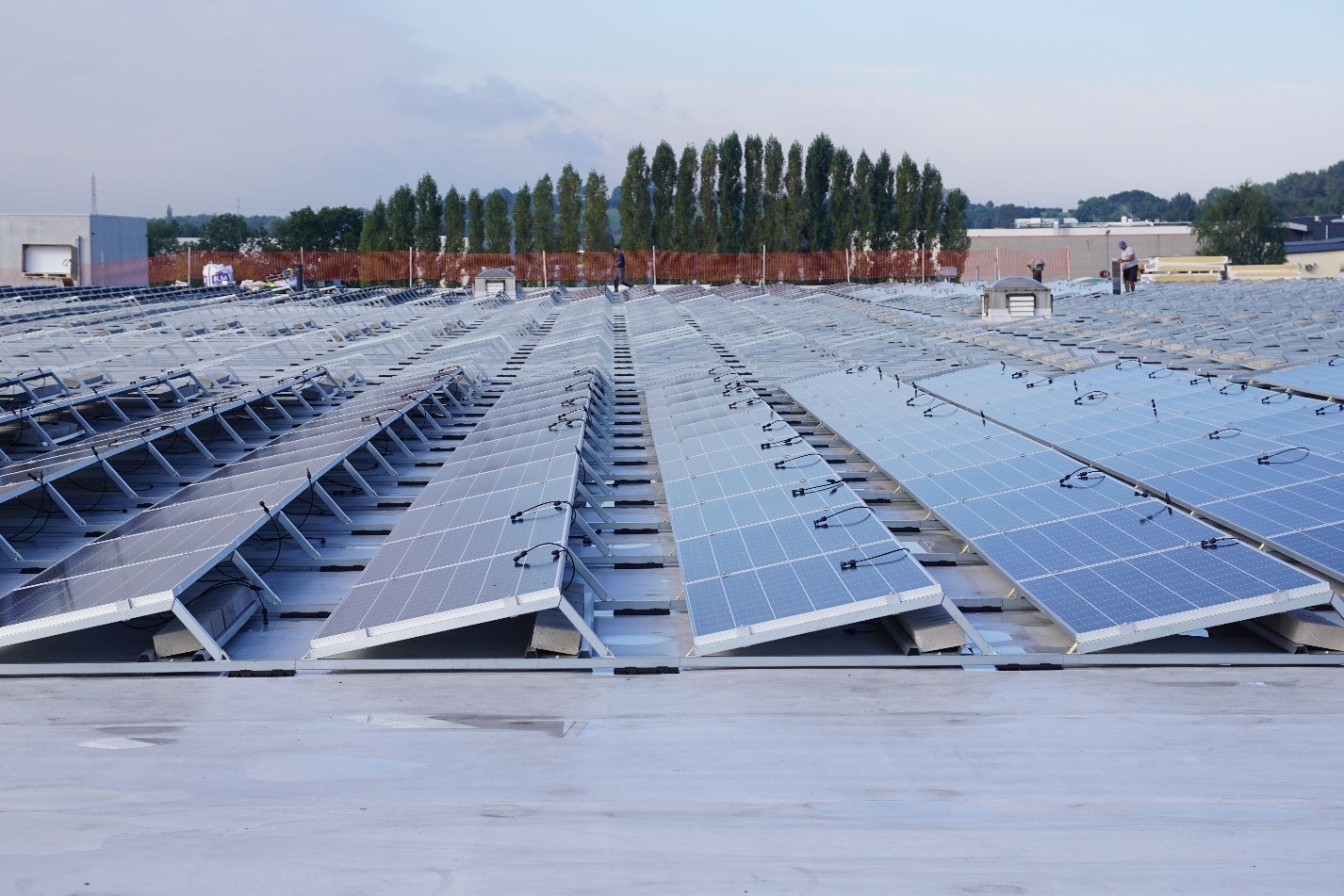 The new array sits atop a segment of the company’s warehouse roof and comprises 320 panels, each measuring 6 feet wide and 4 feet tall. The array will generate enough electricity to light the company’s warehouse operation in Fond du Lac for the next 30 years.
The new array sits atop a segment of the company’s warehouse roof and comprises 320 panels, each measuring 6 feet wide and 4 feet tall. The array will generate enough electricity to light the company’s warehouse operation in Fond du Lac for the next 30 years.
Mercury launched its first solar project in 2017 with the installation of a 2,000‑panel array at the company’s European headquarters in Petit‑Rechain, Belgium. That solar array, combined with improved insulation at the location, reduces the amount of electricity the facility draws from the grid by 33%, thus lowering the facility’s utilities costs and enabling substantial use of clean and sustainable energy.
According to Mercury Marine President Chris Drees, the new array in Fond du Lac will contribute toward fulfillment of a goal he announced at the beginning of 2020 to derive 50% of the company's electricity from renewable sources by the end of 2030.
“These steps will combine with many others over the next 10 years to increase the proportion of energy we will draw from renewable energy sources,” Drees said. “We are committed to our focus on sustainable business practices, including investment in renewable energy and reduction of our carbon footprint. We will continue to elevate our commitment to sustainability across all of our global locations.”
The new solar array in Fond du Lac builds on measures Mercury has already undertaken to manage its energy use responsibly. On Earth Day 2020 (April 22), Wisconsin’s Focus on Energy (FOE) program named Mercury as a winner of its 2020 Energy Efficiency Excellence Award. In granting the award, FOE cited several Mercury initiatives, including modernization of HVAC and lighting systems, containment of compressed‑air systems, optimization of power on/off cycles for equipment and facilities, redirection of manufacturing‑generated heat for multiple purposes, and incorporation of natural lighting and passive heating into the design of new facilities.
Over the years, Mercury has also steadily expanded its recycling and reuse of materials and water used in manufacturing. This includes using 100% recycled aluminum to create the patented alloys that Mercury uses to build lightweight and durable engine blocks for its latest generation of outboard motors.
When they’re enjoying time on the water in a pristine environment, Mercury owners can have peace of mind knowing their boat engine and integrated technologies were produced with the preservation of the environment in mind.
Plus, when they buy a new Mercury‑powered boat or repower with a new Mercury outboard, they’re doing their part because Mercury manufactures engines that have better fuel efficiency and lower emissions than ever before. Thus, with each sale of a new Mercury engine to replace a previous‑generation engine, there is an improvement to the environment.
Learn more about the company’s sustainability efforts at mercurymarine.com/en/us/land/sustainability.




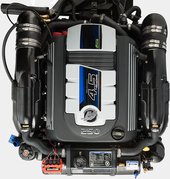
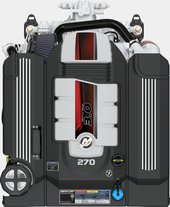


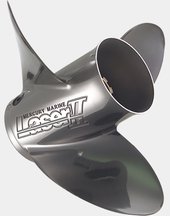
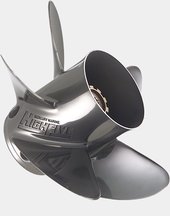
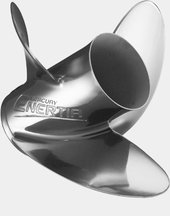

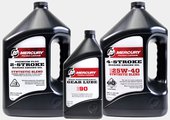
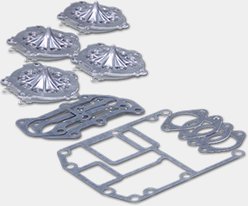
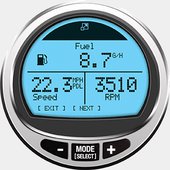



 The new array sits atop a segment of the company’s warehouse roof and comprises 320 panels, each measuring 6 feet wide and 4 feet tall. The array will generate enough electricity to light the company’s warehouse operation in Fond du Lac for the next 30 years.
The new array sits atop a segment of the company’s warehouse roof and comprises 320 panels, each measuring 6 feet wide and 4 feet tall. The array will generate enough electricity to light the company’s warehouse operation in Fond du Lac for the next 30 years.
